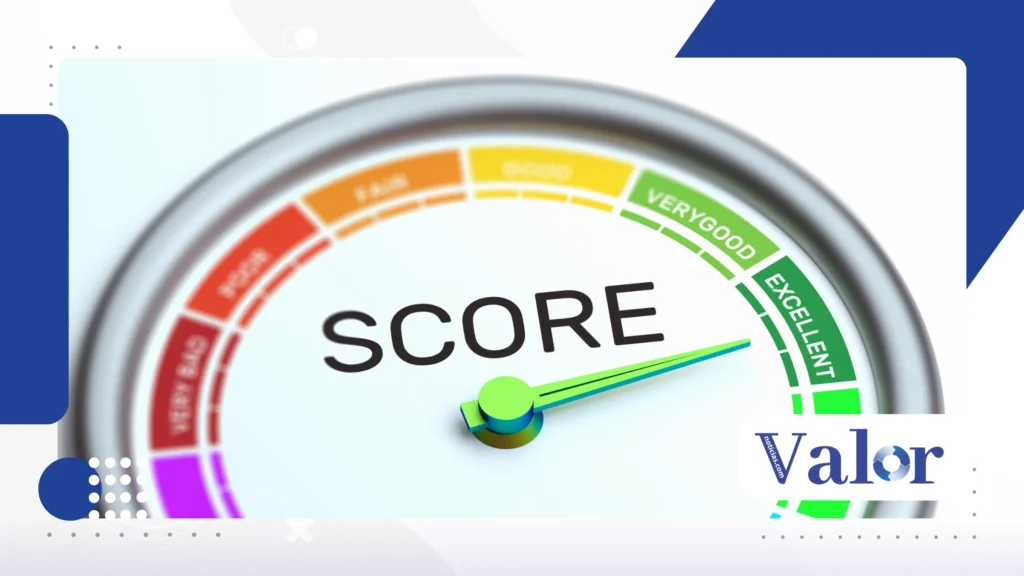Delayed Financing? How a Loan Can Help

Delayed financing It's a more common problem than you might think..
Advertisements
Amid bills, unexpected expenses, and rising interest rates, keeping up with payments isn't always easy. In this article, you'll learn:
- What are the real impacts of the delay;
- When a loan can be a smart solution;
- How to avoid the snowball effect;
- And what alternatives to consider before making a decision.
The first installment is late. What now?
When a delayed financing accumulates, it is not just your name that appears on the default list.
Daily interest, fines, and constant charges make the situation emotionally draining. The relationship with the bank changes.
Banks and financial institutions usually offer a short grace period, but after 30 days, your name may be blacklisted.
This certainly reduces access to credit and affects future plans, such as renting a property or starting a business.
The choice between waiting or acting
Postponing the decision may seem easier, but interest doesn't wait. The longer you wait to resolve the issue, the higher the final debt will be. And this snowballs.
Imagine a debt of R$5,000, with interest of R$81,000 per month. In six months, you'll owe more than R$7,900. A shortfall that could have been avoided with a quick solution.
+ Social media shopping: what does the consumer need to know?
When the loan is a strategic resource
It's not about exchanging one debt for another. A personal loan can be a cheaper option compared to the interest on a delayed financing.
Especially if you can get a lower rate and more flexible terms.
Direct renegotiation with the financial institution is also valid, but is not guaranteed.
The bank is not always willing to improve conditions, and this is where seeking credit from another source may make sense.
Simple analogy: put out a fire with a fire extinguisher, not with gasoline
Use an overdraft limit or credit card revolving credit to pay off a delayed financing It's like throwing gasoline on a fire.
Loans with reduced ratess work like the right fire extinguisher at the right time.
But, of course, planning is essential. Before signing up, carefully consider: do the installment amounts fit your budget? Is the interest rate actually lower than the original debt?
The impact on your credit score

One of the silent effects of delayed financing is the fall of credit score.
According to Serasa, more than 70% of people in default in 2024 had their names blacklisted for up to two months late.
Recovering your credit score takes time, so paying off your outstanding debt quickly helps maintain your financial reputation.
A simple trade can improve your track record in no time.
When can you benefit from a loan?
Let's consider a real-life example. Carla, a 32-year-old self-employed woman, financed a car in 2023.
With sales declining, he was unable to pay three consecutive installments. The dealership threatened to repossess the vehicle.
So, she took out a personal loan with a 24-month term and a reduced rate, and paid it off. delayed financing and still kept his car.
The financial organization that came later changed its relationship with money.
+ Personal Loan, Down Payment or Property Financing?
Compare before you decide
To ensure a loan works as a solution rather than a trap, compare options. Use credit simulators, check the Total Effective Cost (CET), and read the fine print.
Sites like Complain Here help verify the reputation of credit companies. Platforms like Serasa and Creditas offer transparent comparisons between actual rates and conditions.
The influence of information access technologies
Resources like Fire TV, Chromecast, and TV Box have popularized access to digital financial education.
Thousands of people have used these technologies to watch experts help them make financial decisions.
And this behavior has changed the profile of those in debt. More and more people are looking for ways to not only get out of the red, but also build a more rational relationship with money.
Table: Real comparison of average rates in Brazil (March 2025)
| Credit Type | Average monthly rate |
|---|---|
| Special check | 10,8% |
| Revolving credit card | 12,2% |
| Online personal loan | 3,5% |
| Vehicle refinancing | 2,9% |
| Bank renegotiation | 5,7% |
The data was taken from the Central Bank's Credit Bulletin, March 2025 edition. It clearly shows how credit can be advantageous when chosen wisely.
Smart application example
Pedro, a public servant, had a delayed financing of an apartment after being fired due to administrative instability. To avoid losing the property, he used part of his FGTS (Unemployment Fund) and a payroll loan.
Planning prevented his credit rating from being blacklisted. In 18 months, he paid off his debts without compromising the family budget. Different solutions can work for different profiles.
Reduce risks with planning
Before taking any action, analyze your cash flow. Write down all incoming and outgoing payments. Be clear about how much you can afford to pay each month. This prevents you from falling into a new vicious cycle.
Don't take out the first loan you find. Research, ask questions, and compare. Brazil has over 700 financial institutions registered with the Central Bank of Brazil. One of them may offer ideal conditions for you.
Credit is not a villain, it is a tool
There's a stigma surrounding loans. But if used strategically, they can help you rebuild your financial life.
Pay one delayed financing could be the first step towards breaking out of the cycle of default.
Also look for collective renegotiation programs or private company renegotiation programs, such as Serasa.
Conclusion: Taking the reins is the first step
Ignoring is not an option. If you are delayed financing, adopting an active approach is essential. Evaluate your options, plan realistically, and use credit as an ally.
Every tenth of interest saved is a step toward a more stable financial life. So, will you let your debt grow or will you act now?
Frequently Asked Questions
1. Is a loan always worth it to pay off late financing?
It depends on the rate, the amount, and your budget. Compare first.
2. Can I negotiate directly with the bank?
Yes. But they don't always offer the best conditions. It's worth doing some research.
3. What happens if I ignore the debt?
Your name may be blacklisted, your assets repossessed and your credit damaged.
4. Can I use the FGTS to pay off the financing?
Yes, in some cases. Check specific rules with your bank.
